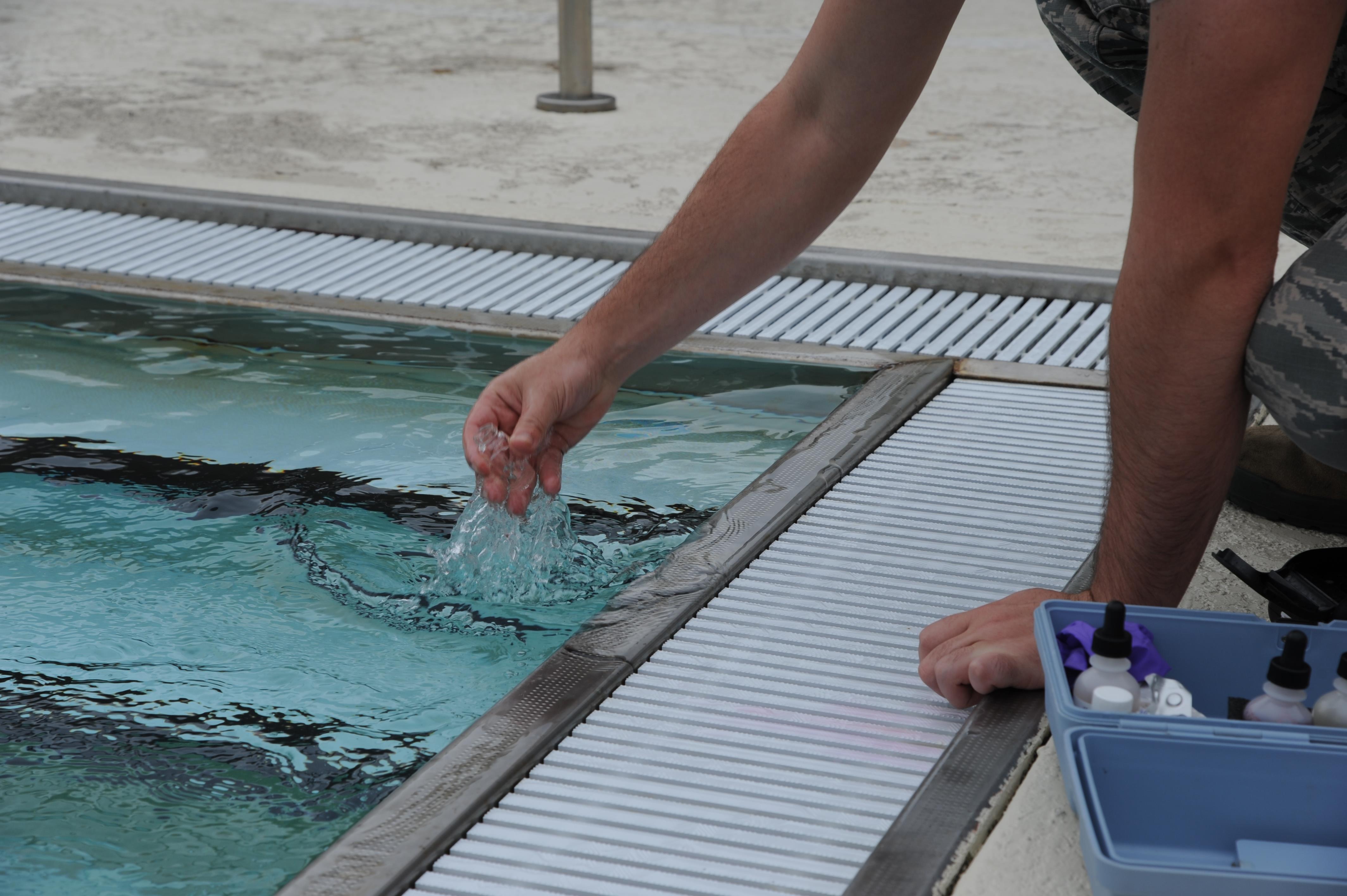
Over recent years, saltwater pools have become more popular for backyard pool owners to enjoy and relax on their private property. In other words, they have adopted salt pool chlorinator to their otherwise standard swimming pools.
But before you invest in such swimming pools, take a look at a list of pros and cons which we’ve compiled to help you understand the risks and possible benefits of saltwater pools.
Pros of salt water pools
Gentle on your skin, hair, and eyes
Generally, the use of chlorine in swimming pools dries the skin and makes hair brittle and discolored. But swimming pools with saltwater are gentler on your skin, hair, and eyes, as it generates low chlorine in the water as compared to traditional pools. It also leaves the skin much softer and smoother.
Also, it is safe for people who suffer from some allergies or have sensitive skin.
Pros and Cons of Smart Home Technology in Rental Property
Free of Bacteria and chlorine smell
Saltwater pools are neat, clean, and smell-free. These pools automatically produce active chlorine by using salt chlorine generator and passing salt via electric cells to kill bacteria, viruses, and organic waste in the water.
It will automatically disinfectant the quality of chemicals without the smell that is typically associated with tablets or liquid treatments in the traditional course of disinfecting.
Low Salt Level
Though they are called saltwater pools, the water actually in the pool has a lesser amount of salt than ocean water. The salt content in this pool is proportionally the same as that in human tears.
Hence you can easily swim in this pool and can also open your eyes even in underwater without any harm.
Cost-Effective and Low Maintenance
Saltwater swimming pools are cheaper to own initially in comparison to traditional chlorine systems.
Also, your saline pool water and structure are easy to maintain, and there are fewer issues that can degrade the integrity of your pool. But you still have to check your pool’s water for appropriate chemical levels.
Cons of salt water pools
Installation Expenses

A saltwater swimming pool can be more expensive to install compared to the regular pool. However, you may be saving money in some cases by using pool chlorinator to generate chlorine, but you might have to pay more money in the long-run on other factors.
High pH Level
It is essential to check the pH level of your pool as saltwater pools tend to raise the phosphate ratio that can cause the generator breakdown. The pH level varies from 0 to 14, and it should be around 7 to 7.5.
Also, if you fail to control the high pH level, then calcium precipitant may stick to the pool surface, which can make it coarse. To check the pH level, you can also use a pH regulator.
Damaged Equipment
The saltwater system generates chlorine, and when these levels get too high, water becomes over-chlorinated, thereby causing corrosion, pitting, and damage.
Mainly light fixtures, wiring, cement, and various other components of your pool system may wear and tear out quickly in a saltwater pool. Moreover, the spills from the pool can damage the pool’s accessories.
More Consumption of Electricity
Saltwater swimming pools require more electricity to generate a pollution-free pool. Also, providing electricity according to the needs of the pool may increase the operating cost of your pools.
Additionally, in case of a cleanliness problem with these pools, a trained technician would be required.
Environmental and Health Worries
Exposure to saltwater systems causes the skin to absorb salt, sodium, and chlorine. It can cause health problems and high heart mortality rates, mainly amongst the people who have a history of heart stroke, circulatory problems, and high BP.
The wastewater from a saltwater swimming pool can also be hazardous for plants and soil fertility. Also, consider the detrimental effects of using this type of swimming pool while taking the decision.
Legality
In many regions, it is prohibited by municipalities to use saltwater pools. Many pool owners are draining the saltwater from their pool into the local sewer system, which is harming the locality.
Thus, it’s best to keep a check on local guidelines to properly drain the saltwater pool.
The Final Words
Nowadays, saltwater swimming pools are blowing up in the backyards of average pool owners. If you can afford the additional cost and are facing trouble with your hair, feel dry, or skin irritation after a swim, then investing in pool chlorinator is a good idea.





